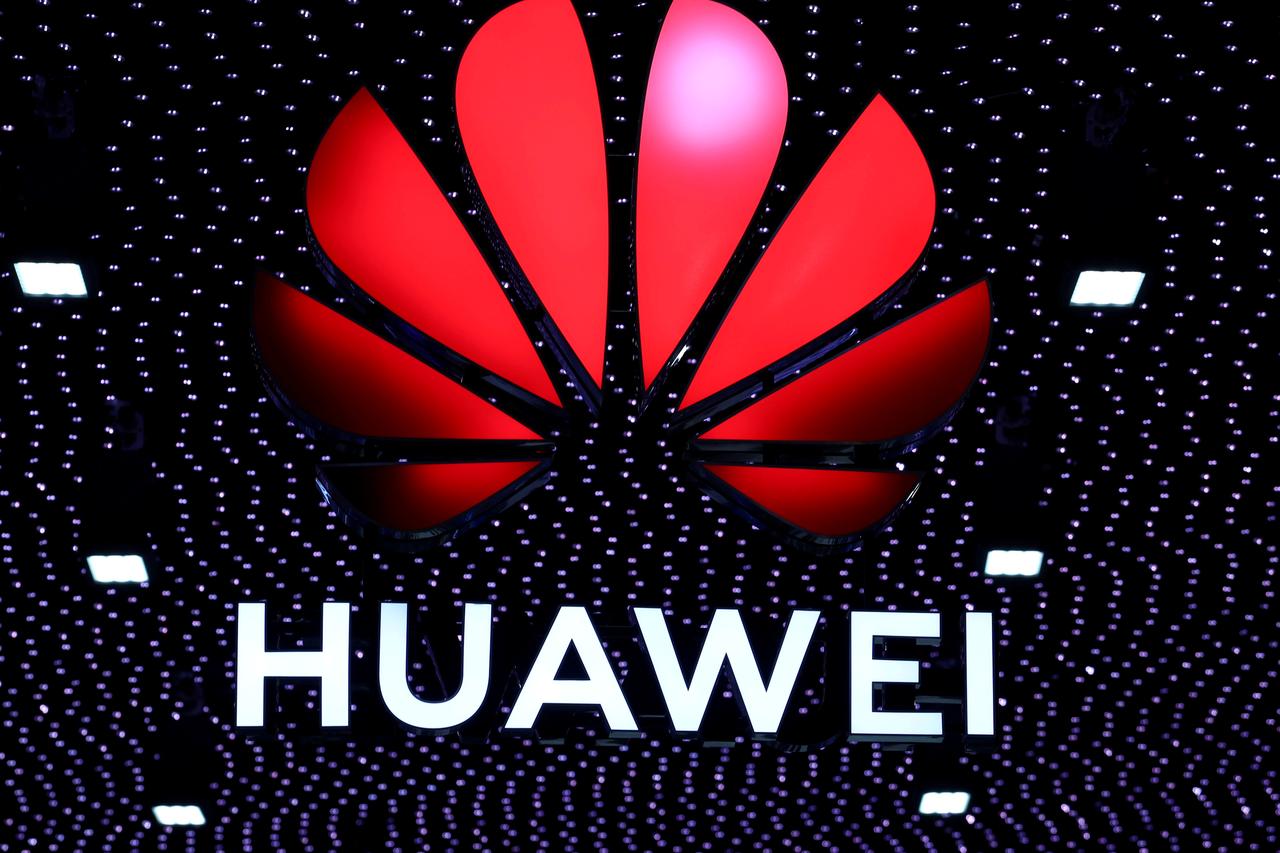In a significant leap toward establishing itself as a global tech powerhouse, India recently signed a landmark semiconductor Inks Chip Deal with Singapore. This agreement is part of Prime Minister Narendra Modi’s ongoing push to accelerate India’s technological ambitions, aligning with the country’s broader goals to reduce its dependency on foreign chip imports and strengthen domestic manufacturing.
As the global demand for semiconductors continues to surge, particularly due to advancements in AI, 5G, and automotive industries, India is positioning itself as a critical player in the chip manufacturing and supply chain ecosystem. This move comes at a time when the world is grappling with a semiconductor shortage, disrupting industries from automotive to consumer electronics.

A Step Forward in India-Singapore Collaboration
The India-Singapore semiconductor deal is expected to foster collaboration in chip manufacturing and R&D, boosting both countries’ economies. Singapore, known for its high-tech prowess, brings advanced semiconductor technology and infrastructure to the table. By teaming up with Singapore, India seeks to leverage this expertise while also developing its own capacity to produce semiconductors domestically.
Under the deal, both nations will share knowledge, resources, and technical capabilities, fostering innovation and promoting the growth of chip manufacturing facilities in India. This partnership is seen as a strategic move to help India reduce its dependency on Chinese and Taiwanese semiconductor imports, securing its position in the global supply chain.
Modi’s Vision for India as a Tech Hub
Prime Minister Narendra Modi has made no secret of his vision to transform India into a global tech leader. His government’s “Make in India” initiative, launched in 2014, was the first step toward creating a conducive environment for domestic manufacturing. The semiconductor deal with Singapore aligns with this initiative and serves as a critical component of India’s plans to strengthen its tech infrastructure.
India has already invested billions of dollars in various technology sectors, including telecommunications, electric vehicles, and renewable energy. However, the semiconductor industry, in particular, has become a priority, given its pivotal role in the development of next-gen technologies such as 5G, artificial intelligence, and quantum computing.
The deal will likely spur further investments in India’s semiconductor sector, attracting global giants and helping the country move closer to its goal of self-reliance in chip manufacturing. This also positions India as a potential alternative to China in the semiconductor space, especially as geopolitical tensions continue to affect global trade and technology exchanges.
Addressing the Global Semiconductor Shortage
The timing of this deal couldn’t be better. The global semiconductor shortage, exacerbated by the COVID-19 pandemic, has had a domino effect on industries worldwide. Car manufacturers have been forced to halt production lines, and consumer electronics companies have experienced delays in product launches due to the unavailability of chips.
India, which imports a majority of its semiconductors, has been particularly hard-hit by this crisis. The chip deal with Singapore aims to alleviate some of these pressures by boosting domestic production and ensuring a more reliable supply chain for critical sectors such as defense, telecommunications, and electronics.
By partnering with Singapore, India hopes to establish itself as a reliable supplier of semiconductors, not only for its own industries but also for the global market. This could have a far-reaching impact on India’s economy, potentially creating thousands of jobs and attracting billions in foreign direct investment.
Opportunities and Challenges Ahead
While the India-Singapore semiconductor deal opens up a world of opportunities, it also presents challenges that both countries must address. For India, the lack of an established semiconductor ecosystem could slow down progress. The country will need to invest heavily in infrastructure, technology, and talent development to meet the high standards required for semiconductor manufacturing.
Moreover, the highly specialized nature of semiconductor production demands a skilled workforce, which India is still developing. Initiatives to upskill engineers and technical professionals will be critical in ensuring the success of this venture. The government has already announced several incentives for companies to set up semiconductor facilities in India, and this deal could attract more firms to take advantage of these benefits.
For Singapore, this partnership presents an opportunity to expand its influence in the global semiconductor supply chain. By collaborating with India, Singapore could further strengthen its standing as a technology hub in Asia, potentially unlocking new markets and growth opportunities.
The Road Ahead for India’s Tech Ambitions
The India-Singapore chip deal marks a significant milestone in India’s journey toward technological self-reliance. As the demand for semiconductors continues to grow, this collaboration could prove instrumental in positioning India as a critical player in the global tech landscape.
Prime Minister Modi’s vision of turning India into a tech-driven economy is ambitious, but deals like this one with Singapore demonstrate that it is well within reach. The deal is expected to spur economic growth, create jobs, and enhance India’s competitiveness in the global technology market.
In the long run, this partnership could lay the foundation for India to become a major exporter of semiconductors, reducing its reliance on imports and strengthening its position in the global supply chain. As the world looks for alternatives to current semiconductor giants, India is ready to rise to the challenge, with Singapore by its side.
To stay updated on India’s technological advancements and similar global tech partnerships, explore more articles on Digital Digest.






